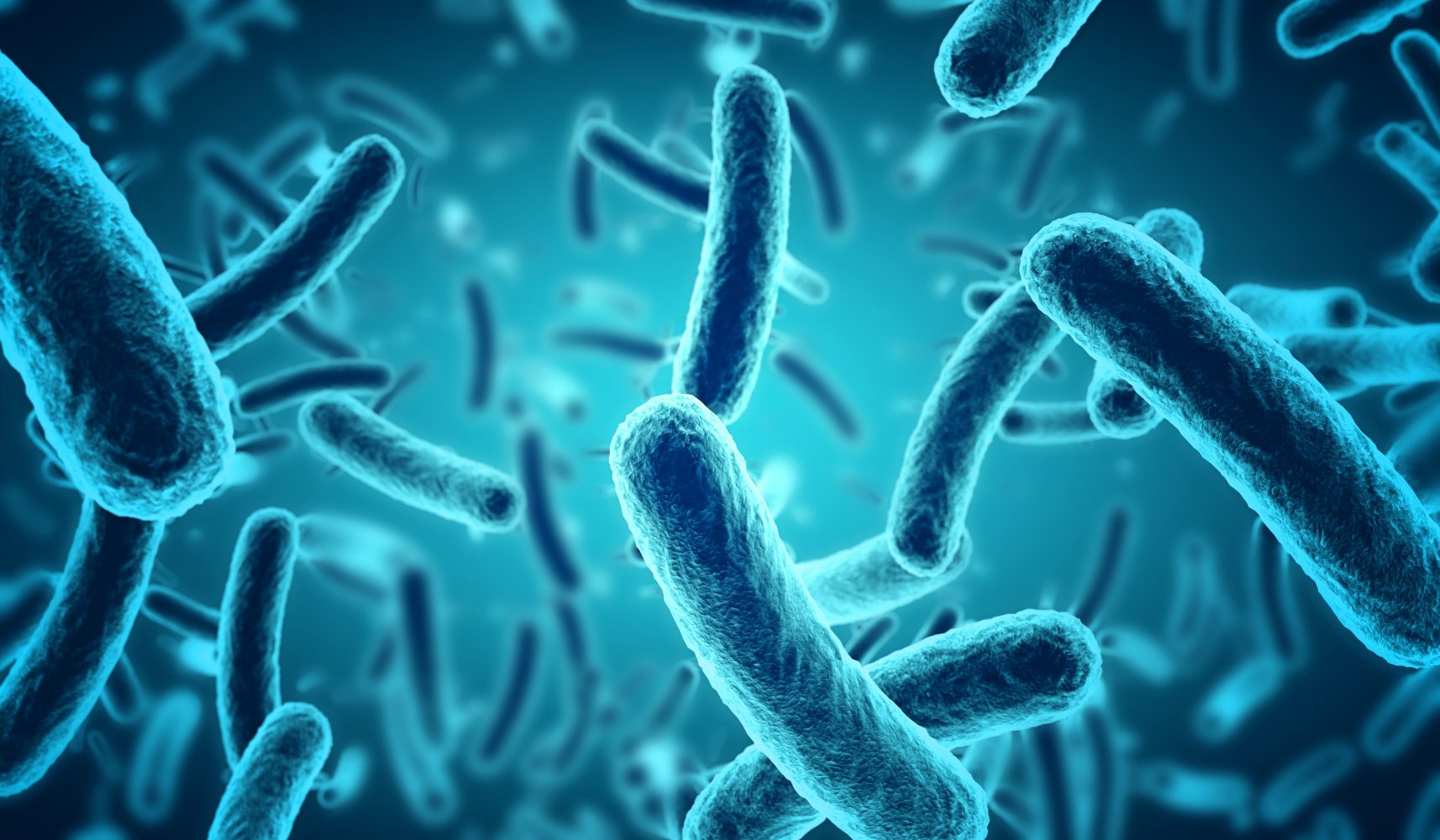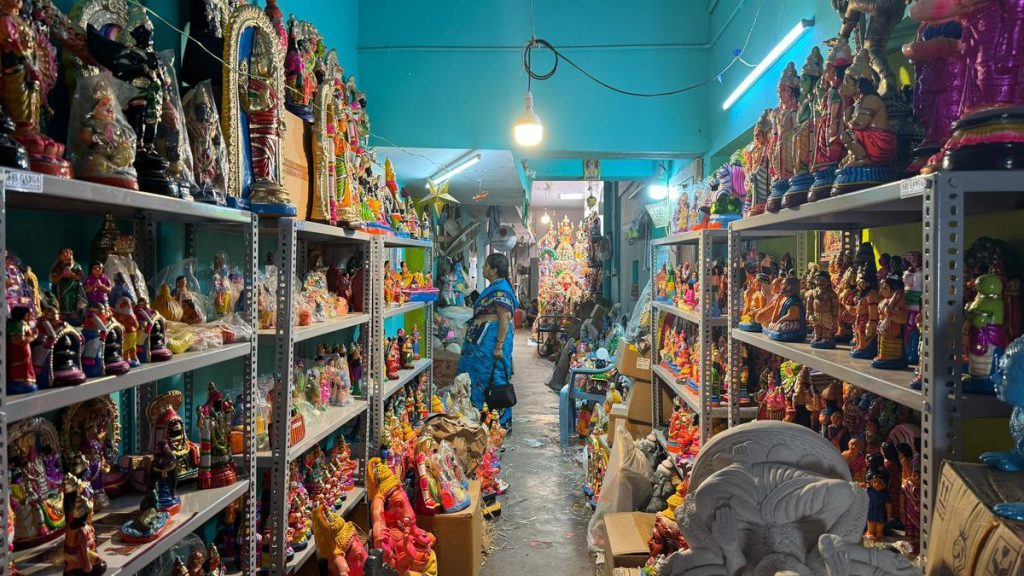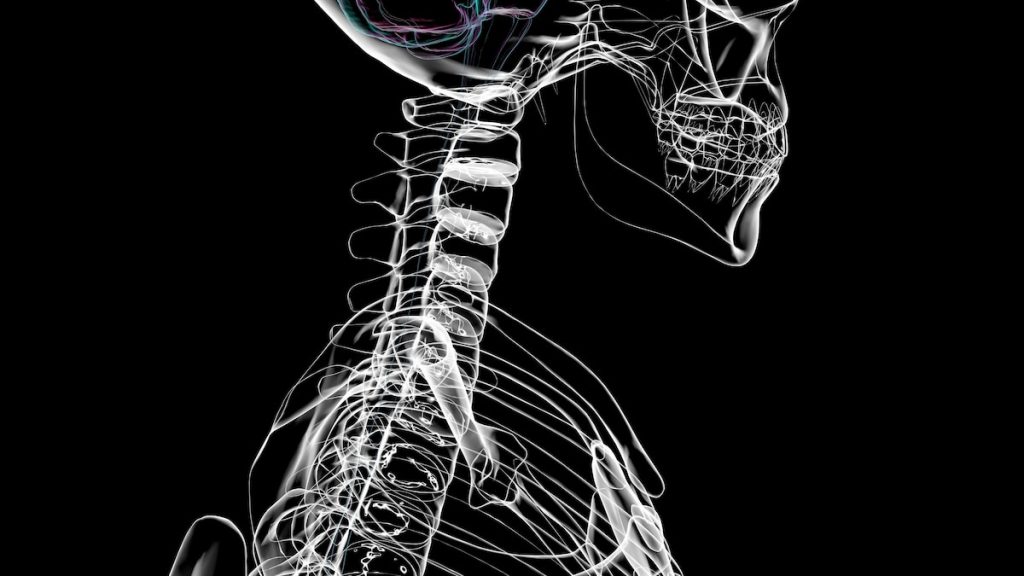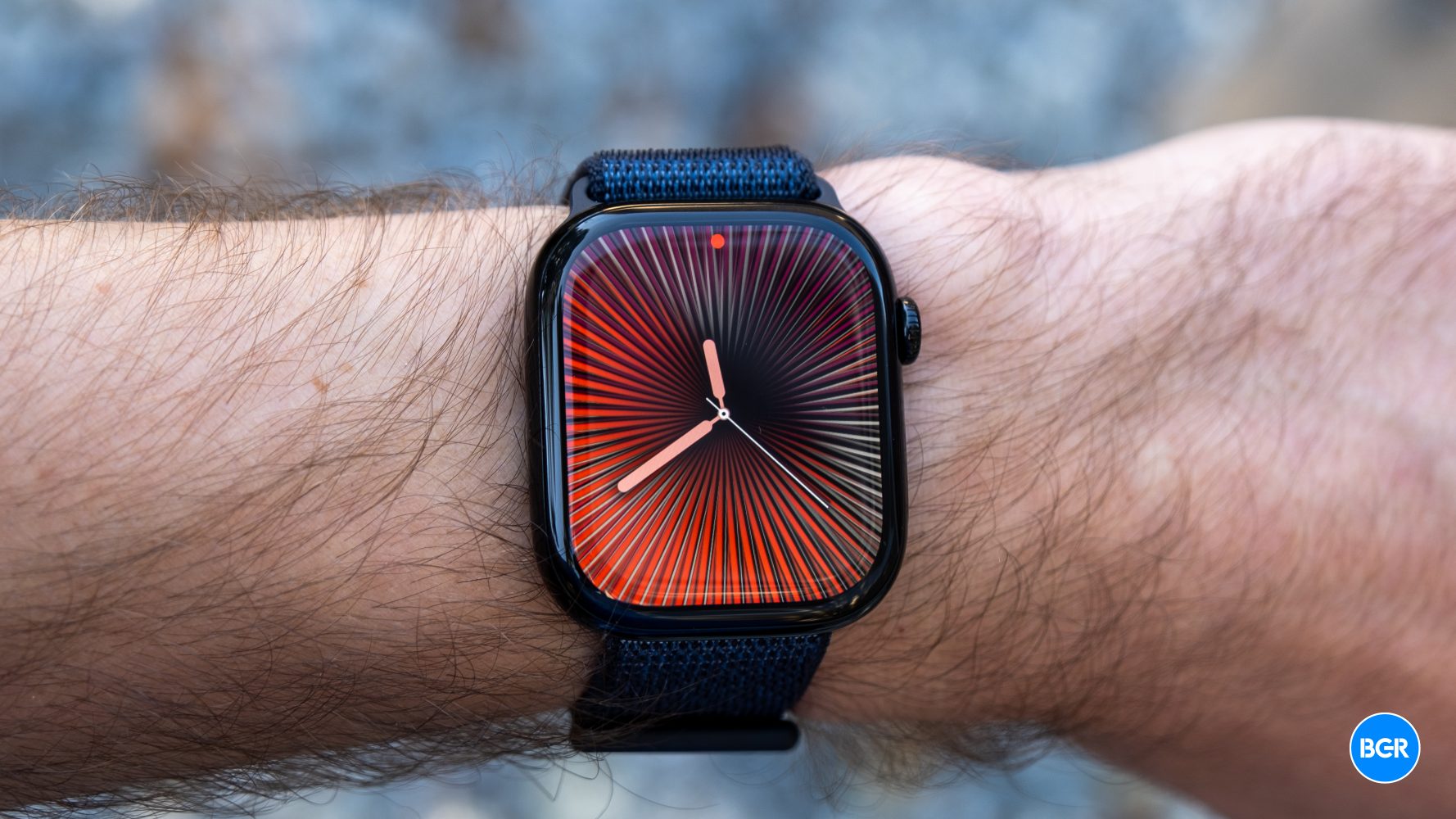Now Reading: New Bacteria Discovered on China’s Space Station
-
01
New Bacteria Discovered on China’s Space Station
New Bacteria Discovered on China’s Space Station

Swift Summary:
- Scientists have discovered a new bacterium, niallia tiangongensis, on China’s Tiangong space station.
- The bacterium was found living on the cockpit controls of the station during routine swab sampling in May 2023 as part of the China Space Station Habitation Area Microbiome Program (CHAMP).
- Researchers performed genetic analysis and identified similarities with a terrestrial bacterium, Niallia circulans, though notable genetic differences remain.
- Niallia tiangongensis thrives in extreme, nutrient-poor environments. It can break down gelatin for nutrients, form biofilms, undergo oxidative stress responses, and repair radiation damage to its cells-adaptations suited for survival in space.
- The bacterial species forms spores that allow it to stay dormant but resilient under harsh conditions.
- Researchers are evaluating whether this bacterium poses health risks to astronauts. Its close relative has been linked to infections in immunocompromised individuals.
- Understanding microbial survival aboard space stations is considered crucial as humans prepare for interplanetary missions.
!Image: TIANGONG 3 – Chinese space station orbiting planet Earth
Source: alejomiranda / Adobe
Indian Opinion Analysis:
The revelation of Niallia tiangongensis on China’s Tiangong space station highlights an crucial scientific milestone with implications far beyond immediate research interests. Studying how bacteria adapt to survive and evolve under microgravity conditions sheds light on microbial resilience-a field critical not onyl for astronaut safety on future missions but also spacecraft hygiene protocols.India’s active participation in the global domain of human spaceflight presents opportunities where such findings could guide ISRO’s own programs like gaganyaan and potential collaborative missions. Understanding bacteria within isolated environments like spacecraft can inform countermeasures against biological contamination while supporting long-duration exploratory goals such as lunar or Mars missions.
While no immediate ties exist between India-specific agendas and China’s microbial breakthroughs directly, developments resonate with broader concerns about astronaut health management and deep-space exploration risks-manny areas applicable across all nations building ambitious interplanetary plans.



























